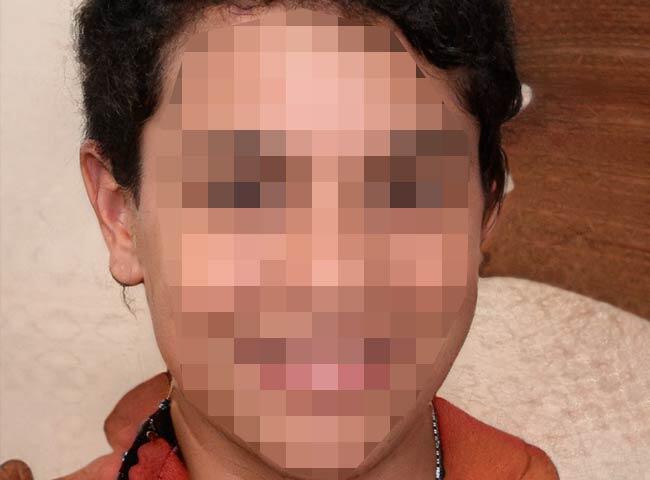Meet Saleema

Saleema's story
Electrolysis Support Fund recipient
Saleema (she/her) moved to the United States from the Middle East and began her transition here. Coming from a Muslim immigrant family, her transition has not been affirmed. She has faced significant mental health challenges related to gender dysphoria, resulting in hospitalizations and referrals to gender specialists, which her parents refused. Despite these obstacles, Saleema has been socially transitioning, and is currently in university.
Since starting university, her facial hair has become increasingly difficult to manage. She needs to shave almost daily, yet a clear shadow remains, which is hard to conceal and a major source of dysphoria.
Receiving support for hair removal would greatly alleviate Saleema's dysphoria, helping her to live more comfortably and confidently.
Saleema's timeline
-
Award Granted
April 13, 2024
Saleema was awarded a grant toward permanent hair removal!
-
Care Received
October 3, 2024
A payment has been made toward Saleema's permanent hair removal!
About Hair Removal: Femme Award
On average, it costs $2,300+ for Saleema's care.
- What is it?
- Before care
- After care
What is it?
Point of Pride provides grants to trans femme people seeking hair removal on their face, neck, or an area of the body in preparation for bottom surgery.
What is life like for a person who needs this care?
For trans femme folks, particularly trans femmes of color, access to facial hair removal often equates to safety against anti-trans violence or discrimination. It's common for applicants to note issues with employment and public safety, particularly if their facial hair is dark or thick. Electrolysis and laser hair removal services are often deemed cosmetic and therefore not covered by health insurance plans.
What is the impact of this care on the recipient’s life?
Access to hair removal often leads to a more positive emotional well-being, increased confidence, increased safety when in public, and better opportunities at employment and more.
Your support funds healthcare that's
life-changing. Life-saving. Life-giving.